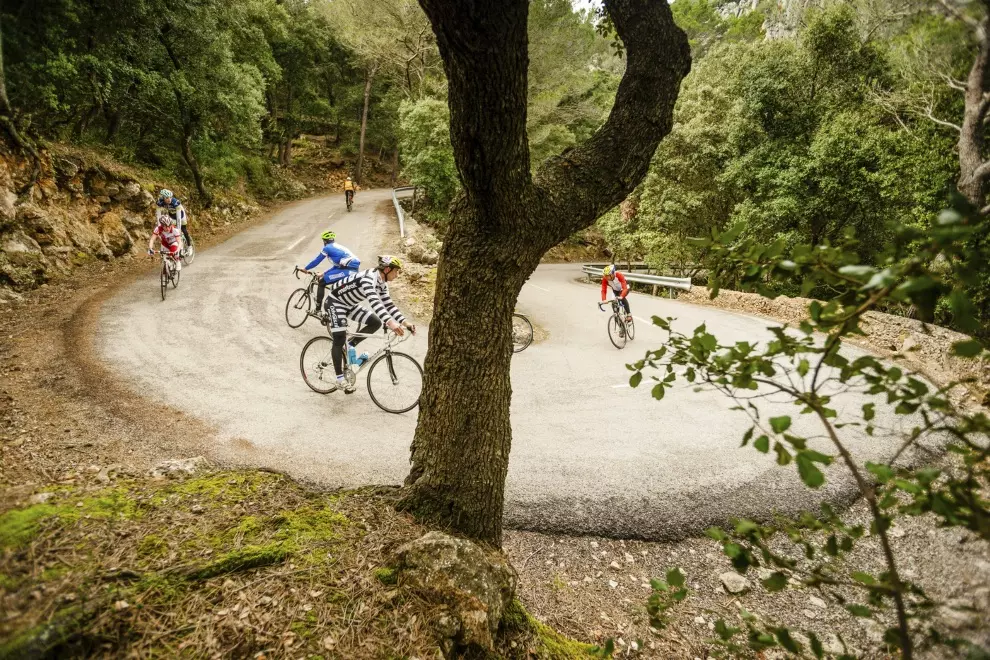Nutrition trends tend to change as new studies and products emerge, and it is essential to have an approach that can keep you anchored. Over the course of almost ten years as a professional athlete, I have heard a lot of completely different methods and suggestions when it comes to nutrition.
What remains stable to me is that I’m the only one that actually feels my body and the only one who can tell what the body might be missing. I try my best to stay true to myself. I have tried different diets or have stopped eating certain products but the reality is that that is just a distraction from figuring out what my body tolerates and what it could do without.
Nutrition success takes patience
It takes time to get in tune with your body, though. These days, I’m practically never on a diet. I never weigh my meals, and I don’t allow myself to get too obsessed with carb intake. I keep a healthy relationship between the food I consume and the calories I burn. I have also learnt how important the timing of food intake is – especially around the training. Before, I used to go out riding for three hours without food, hoping I would lose weight. It would never happen.
Now, I eat every 20-30 minutes when riding and come home without the feeling that I could devour the whole fridge. It has also helped me recover way faster. I was and always will be against strict diets that make you obsessed and fixated about every bite you take. It just is not sustainable.
That said, like everyone else, I also make nutrition mistakes. As a younger rider, I would often overdo the destruction, and it got me to an unhealthy state where my body wasn’t working correctly, leading to missed menstruation for years. Thankfully, I had people around me that helped to change my approach to food and allowed me to see it as a fuel that will enable me to ride faster instead of the enemy that makes me heavier!

The needs of our bodies change, too
It is important to be aware that finding the right nutrition is an ongoing process. Until last year, I was not eating properly on my training rides. It took finding a new coach and having a huge goal (the Tour de France) to finally overcome my stubbornness. I had thought I was eating enough, yet after conducting some studies and testing different methods, I realised how vital high fueling is in training. In addition to your muscles, you need to train your guts, so when you race and consume around 80-100 g of carbs an hour, your body understands how to turn it into energy.
There are no magic foods
And the foods that work best are different for every individual. Personally, in the wintertime, I often crave homemade hummus and baba ganoush with corn chips after a ride, while in the summer, I go for fresh fruits with nut butter or tahini.
I also love the power of rice! I eat a lot of rice products, from rice pudding before a race to rice cakes while riding and rice with eggs when I get home. It sounds like a lot but it works so well with my body, and I always feel very satisfied. Unless I’m in Italy, of course, then it is pasta all the way.
Rules are made to be broken
My nutrition plan also changes a lot over the year. During the off-season, I allow myself to eat anything. I don’t binge every night but if I do, I try to let go and not feel guilty about indulging. As I start preparations for the next season, I become more mindful about limiting sugar (I’ve got a sweet tooth, and it’s a tough challenge), yet I don’t cut it off completely.
When I go for the first camp with my team, I become more disciplined and mindful about the portions and quality of the food I eat. Training camps always motivate me to switch and start taking things seriously again. I stay strict and focus on becoming lean for all important races where weight can make a difference.
After each block of being serious, I let go of everything and allow myself to have whatever I want. Towards the end of the season, I don’t need to control myself much as my body naturally works hard and burns anything I put in it. After the last race, I forget that I’m even an athlete and I live college life for a couple of days. Eventually, I start missing my healthy lifestyle, though, and so the cycle continues.




